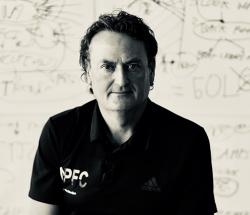Making Soccer Great: Albert Puig on What comes first, Developing Players or Winning? Part 2
Albert Puig is a former Barcelona F.C. Football Academy coach at La Masía, and now the Assistant Coach of New York City FC. A director with a UEFA PRO license, Albert Puig is determined to help American youth soccer coaches improve their craft.
With 35+ years experience as a coach, mentor, scout, instructor, author, and a speaker, Albert Puig has traveled the world spreading this methodology with unique results, including developing more than 100 players who are competing in top leagues around the globe. The founded APFC Courses as a way to spread this methodology to coaches, players, and parents in youth divisions.
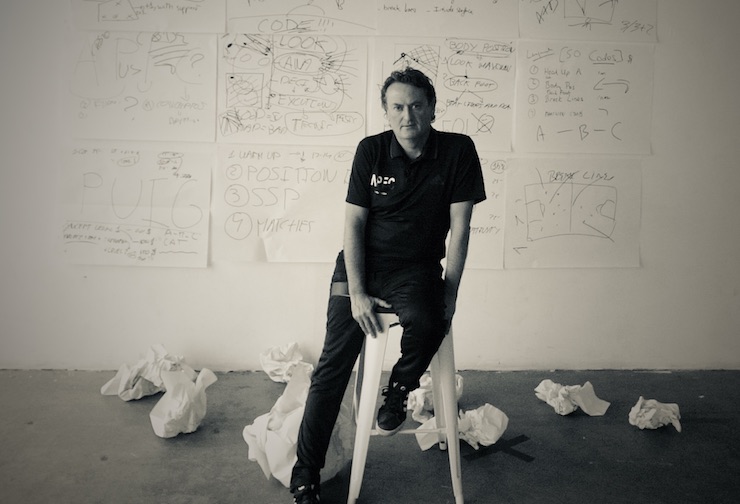
As I was writing the first part of To Develop Players or Win, many thoughts came to mind. Some pillars of my vocation as a coach which I would like to share with you.
The first competition we have is against our self-limiting beliefs. Laziness, pride, individualism… We have to teach our children to compete against these on a daily basis and strive to become a better person.
This is what I refer to as the game of life.
The improvement must be first focused on the person and then the soccer player.
In my experience, great and kind kids make great soccer players and not great soccer players make great human beings.
I’ve been at this for over 35 years and I’d rather be recognized as a teacher than as a coach. This is because what we youth coaches do is teaching, developing, forming players. There are other coaches (for example some professional coaches) that have to control other more complicated aspects such as what goes tactical, administrative and other details surrounding the professional soccer world.
But for us, as teachers/developers at youth levels, are teaching the language of soccer. At this level, we know that a very small percentage will reach a professional level; that we can’t control. But what we can is to help them be better people. Our job is to help them grow up to be good people with sportsmanship conduct. These are the pillars of a great player.
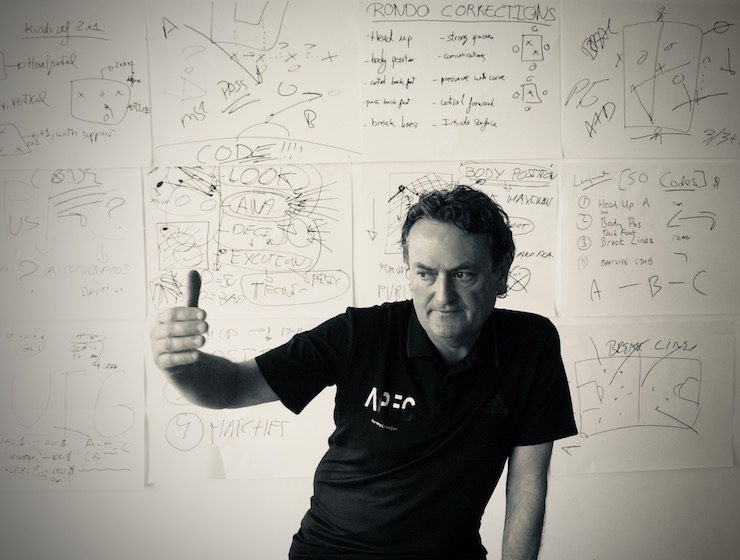
I’ve heard many coaches say that kids today lack sacrifice and determination.
I’ve been at many matches and meetings where someone will say “back in my day it was much more difficult to be a kid …” I don’t know how true this may be.
I dare to say that it is harder to be a kid nowadays.
We have a trophy culture where we give awards for everything. This will come back later in life; if I don’t do a good job at my office I don’t get a “Good Try” sticker, I get fired! That is why I think kids today have it harder than us adults.
We faced failure early on and learned how to get up, dust off and keep walking.
Soccer parents need to help us. They need to understand that soccer is a game in which their child does physical activity, socialize and enjoy.
Please try to avoid pressuring the kid because you have a vision of their future where they can be professional players, make money, have a scholarship etc.
They don’t need that pressure from you at such a young age. In all my years of experience, I can tell you that it DOES NOT WORK! Let the game be a game, let the kid be a kid. If the child sees that the parents never miss a game, that the conversation revolves around soccer and the child’s performance, then the kid will realize that this isn’t just a game, it is something that he needs to perform well to make the parents happy and that results in enormous pressure which isn’t good for him or the sport.
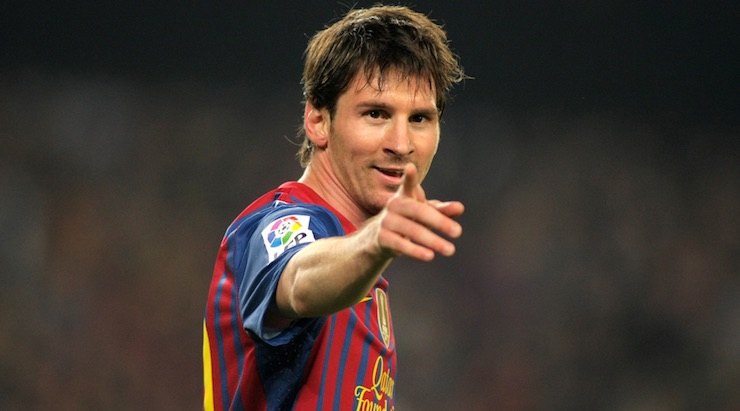
I remember when Messi was coming up in the soccer world, everyone could see he was really good and would become an important player for Barcelona, but to know that he would become one of the greatest — if not the greatest — soccer player was difficult to say.
We coaches don’t dare say that a player from La Masia will become a professional player, imagine if we could say that one of them would become the greatest?
Messi was a kid that wanted to train every day, the first on the pitch and the last one off it.
Wouldn’t miss one session, lived for the game. From that talent and passion, La Masia was able to teach him how to play as a team player, he was exposed to a collective style of play. All this mixed with his fighting spirit have made him who we all know today.
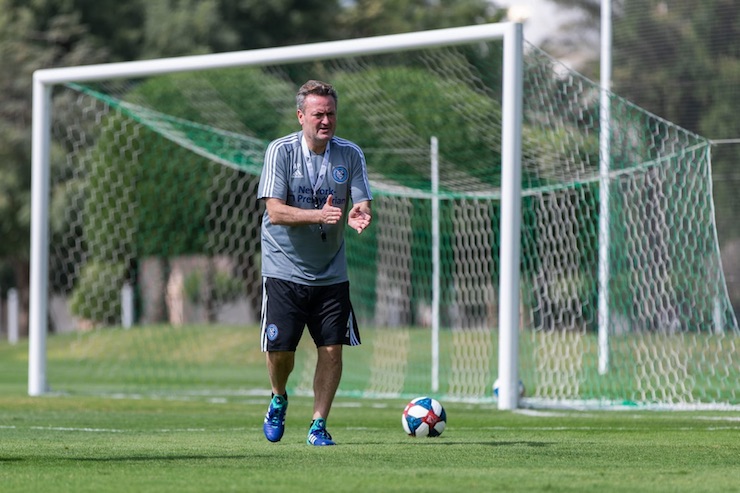
I can’t speak for other elite youth academies but in Barcelona’s La Masia, in order for the players to reach the professional team, the head is very important. By head, we mean intelligence, hard work, character etc. These seem very standard, but trust me, the lack of these makes up for 90% of failures and kids never reaching the first team.
For example, when Pep Guardiola and Tito Vilanova were in charge, they implemented everything they had experienced and learned at La Masia as kids as well as Barca B coaches. Those values were sacrifice and hard work. From thereon they were able to spread these values like wildfire onto the players, who were absolutely convinced of a playing model, gain courage from the grassroots players. These combined with a very talented group of players results in what we all know.
So to sum it all up, let’s develop good people, with strong values and common sense. Very few — if any — will become great professional players, but they will all positively contribute to society.
So let’s compete!

